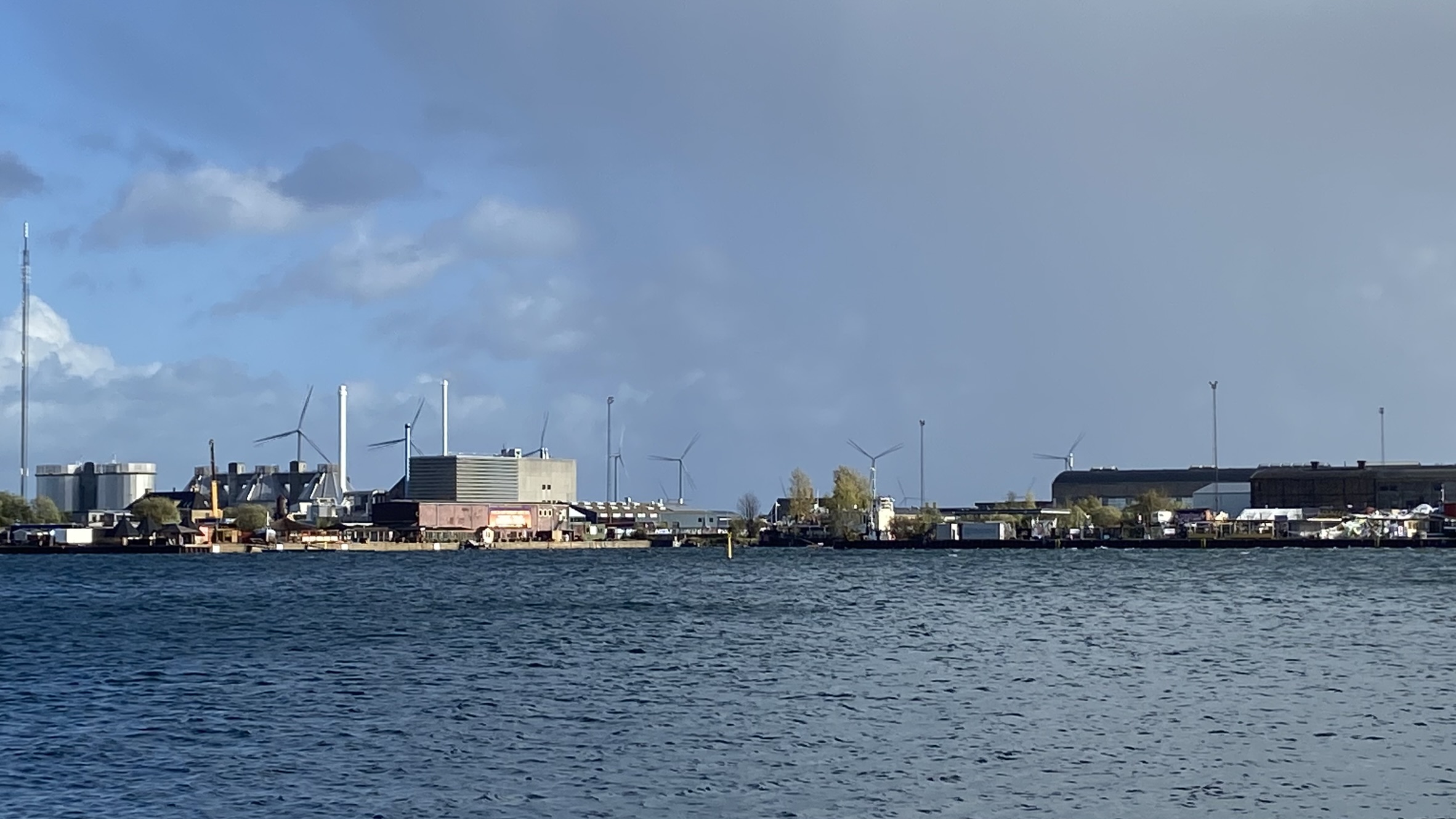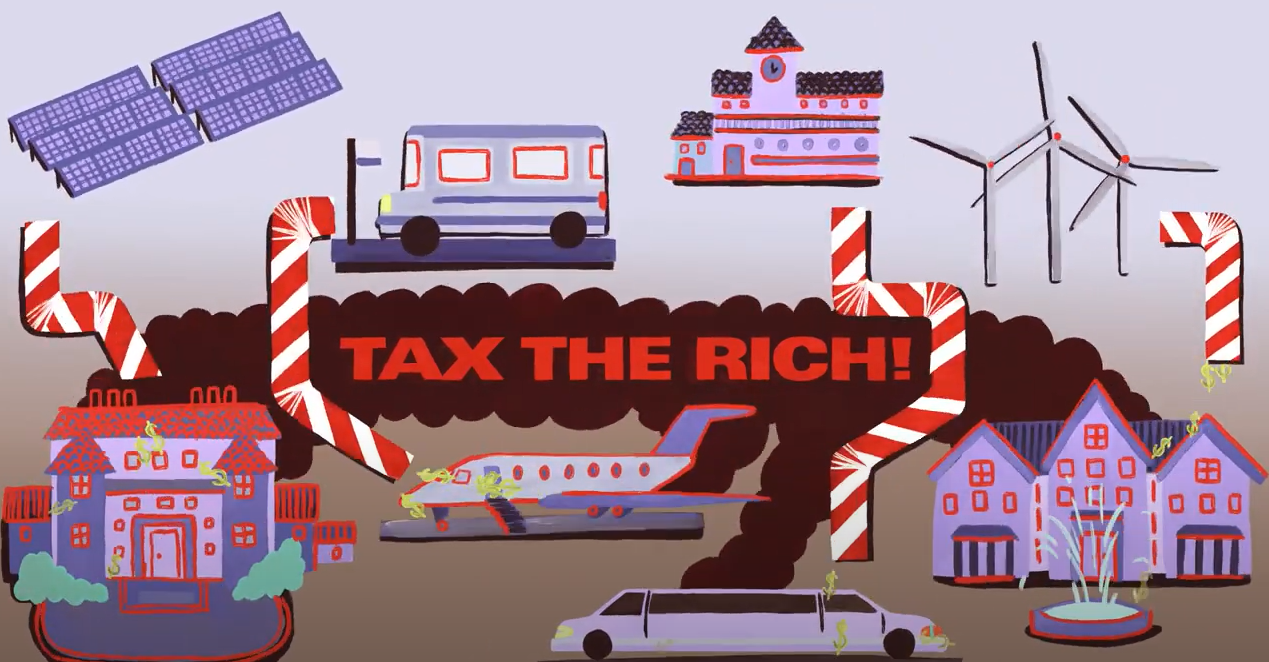In the wake of climate-change-denier Donald Trump’s election, there is not much optimism among those fighting against catastrophic climate change. It seems unlikely, to say the least, that the United States will assume a position of international leadership in developing a carbon-neutral energy system. Indeed, Trump’s commitment to coal, pipelines, and fracking means that even the exceedingly modest achievements of the Obama administration in this arena are likely to be reversed.
Despite this bleak political situation, advocates of the so-called “green economy” still advance a narrative in which “we are winning.” They argue that the needed energy transition to modern renewables—wind and solar energy—is already underway and that economies of scale and technological progress mean that this transition will continue—at an ever accelerating pace—no matter who is in the White House. For the first time since the industrial revolution, it seems, economic growth has become decoupled from carbon emissions.
Such optimism is convenient for neoliberalism. The market can deliver us from fossil fuels without the need to question reigning orthodoxies or to give up our commitment to endless growth. But what if this optimism is wildly misplaced? What if the data tell a fundamentally different story?
In this TUED Working Paper, Sean Sweeney and John Treat, from CUNY’s Murphy Institute, argue that the era of fossil fuels is not over. Modern renewables are expanding, but they are not displacing coal, oil, and gas. The energy transition will happen not because market forces or technological change make it inevitable but because political decisions are made. And these decisions will not be made unless unions join together with other social movements and frontline communities to demand an energy system that works for people and the planet.



